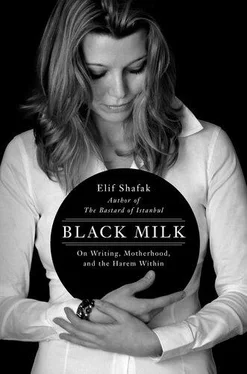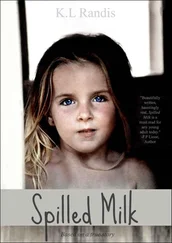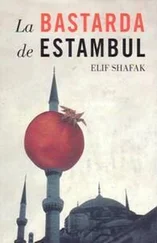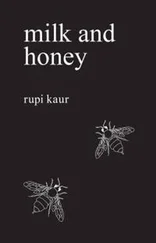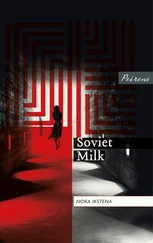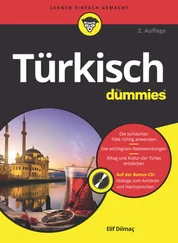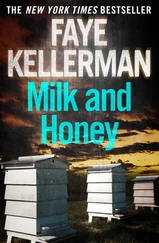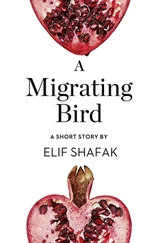This is not to say that they agree on every issue. But by listening, not just talking, they are learning the art of coexistence. They now know that to exist freely and equally, they need one another, and that where even one voice is enslaved none can be free. Together we are learning how to live, write and love to the fullest by simply being all of who we are. Sometimes we manage this beautifully and artlessly; sometimes we fail ridiculously. When we fail we remember the moments of harmony and grace, and try again.
That, pretty much, is the pattern of my progress in life: Take a step forward, move on, fall down, stand up, go back to walking, trip over and fall down on my face again, pull myself up, keep walking…
The next year I finished my new novel, The Forty Rules of Love, which became a record best seller in Turkey. I went back to giving interviews, writing columns and essays, attending literary festivals and commuting between cultures like I always did. I stopped teaching at the University of Arizona, as it proved impossible to travel with a baby for so many hours. Instead we made a new beginning in London, spending half the year there, half the year in Istanbul. I learned to fuse a nomadic existence with the requirements of a settled life.
Our daughter’s name is Shehrazad Zelda-the former from the charming storyteller of the East, the latter from Zelda Fitzgerald. Eighteen months later we had a son, Emir Zahir-the former from the old traditions of the East, the latter from a story by Borges, “The Zahir,” and a book by Paulo Coelho, The Zahir.
In everything I wrote and did, I was, and still am, greatly, gratefully, inspired by Zelda and Zahir, and by the beauties and intensities of motherhood.
The second pregnancy was an easy one, and neither after the delivery nor in the months following it did I run into Lord Poton-or any of his relatives. I hear he is getting old and stiff with arthritis. Perhaps he will soon stop bugging new mothers altogether, preferring to spend his time shining his lamp.
***
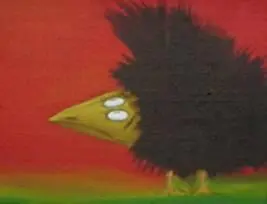
[1]Peyami Safa (1899-1961): a renowned Turkish writer who lived in Istanbul and was known for his novels, editorials and journalism.
[2]Maganda: Turkish slang for a man who is rude and crude; one who is stuck somewhere between Neanderthal and Man.
[3]Fatih Code of Law: The Code of Sultan Fatih legalized fratricide in the fifteenth century in the Ottoman Empire, allowing rulers to kill their brothers so that they would not pose a threat to the throne.
[4]Tafsir: the art of commenting on the Qur’an.
[5]A school that is often part of a mosque.
[6]Geoffrey Sanborn, “Keeping Her Distance: Cisneros, Dickinson, and the Politics of Private Enjoyment,” PMLA, 2001.
[7]In Sufism, Hu is a name of Allah, and is used in conjunction with Allah (Allah Hu, which means “God, the Real”). The word denotes a “dimensional beyond” without quantity and quality. It symbolizes Oneness, where everything is interconnected.
[8]Jackson R. Bryer and Cathy W. Barks, eds., Dear Scott, Dearest Zelda (New York: St. Martin’s Press: 2002), xxviii.
[9]For a good biography see Nancy Mitford’s Zelda (New York: Harper, 1983).
[10]Jackson R. Bryer and Cathy W. Barks, eds., Dear Scott, Dearest Zelda (New York: St. Martin’s Press: 2002), xxviii.
[11]In Anthem there is a couple with a child. But even in that novel, the real purpose for having a child is to create a new race and a different model of human being. When Ayn Rand wrote about the education of children it was almost always to show how a rational society of rational individuals would function.
[12]Louisa May Alcott, Good Wives (Mont.: Kessinger Publishing, 2010), 29.
[13]“I am the state!”
[14]Audre Lorde, Sister Outsider: Essays, Speeches (Berkeley: Crossing Press, 2007), 12.
[15]Simit is a popular street food made with dough and sesame.
[16]Moyra Davey, ed., Mother Reader: Essential Writings on Motherhood (New York: Seven Stories Press, 2001), 11.
[17]Laure Adler, Marguerite Duras: A Life (Paris: Editions Gallimard, 2000), 217.
[18]Patricia L. Moran, Word of Mouth: Body Language in Katherine Mansfield and Virginia Woolf (Charlottesville: University Press of Virginia, 1996).
